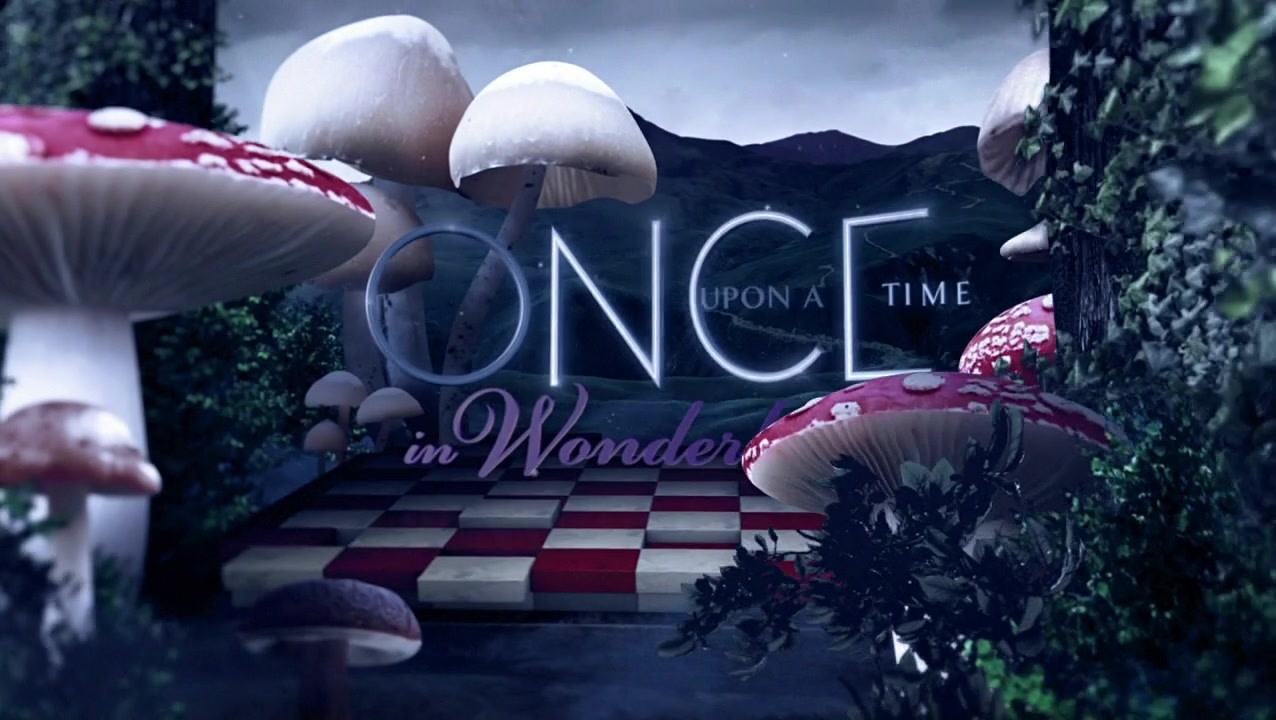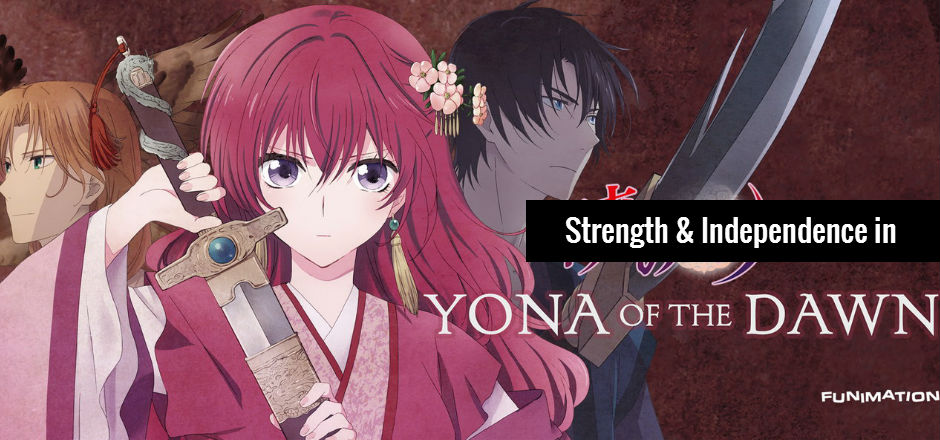This article discusses plots in the opening episodes in season one of Once Upon a Time in Wonderland.
Revenge runs deep through fantasy plot lines, giving motivation to villains as well as heroes. I tend to overlook the motives of villains, chalking them up to pure evil, never thinking twice about their backstory, if the backstory is revealed at all by the storyteller. More often than not, villains aren’t fleshed out for the viewer well enough to feel any sort of common ground.
This leaves us to side with the hero, and, undoubtedly, with the side of “good.” But is there a double standard for what justifies revenge? What make a hero’s revenge heroic and what context forms a villain?
I’m not a Once Upon A Time vet, but after viewing the first few episodes of Once Upon A Time In Wonderland, there is something unsettling about who gets to take revenge and for what reason.
What interests me most about the show is its characterization of the heroes and villains as well as Wonderland itself. In Wonderland, nothing is ever what it seems and each character is rounded so well, I’m left constantly reconsidering who to root for. Alice’s motivation for revenge is made up from the stealing and locking away of Cyrus, based on her love for him. Alice seeks revenge on the Red Queen, for kidnapping her love. Alice hopes to lead a normal life with Cyrus outside of Wonderland, but can’t until she takes Cyrus from the Queen’s custody.
In the meantime, our primary villain Jafar seeks revenge on his father, the sultan, for refusing him as a son and labeling him as a bastard. Jafar intends to use Cyrus to change the laws of magic and more or less rule the world. Jafar’s spite for his father comes from this ultimate rejection, and who could blame him? Everything leading to his villainy relies on whether or not the sultan will claim him as his son. While the sultan does have another son, who is determined to be the rightful heir to the throne, Jafar doesn’t seek power, just his father’s acceptance. What justifies Alice’s sense of revenge that doesn’t justify Jafar’s? Jafar’s villainy outweighs Alices heroism, does this make his revenge less justifiable?
I’ve not found out what would happen were Jafar to change the laws of magic, but I’m led to assume it’s for nefarious purposes. But what if it wasn’t? Hasn’t Alice also slaughtered countless soldiers during her adventure? Is she more “good” because she’s motivated by romantic love?
What if Jafar’s motivation for revenge wasn’t actually to take over the universe, but rather gain the acceptance he forever longed for? Jafar didn’t start out hating his father and only became a fearsome villain over years of consistent rejection.

While both Alice and Jafar’s issues are personal, Jafar’s relationship with his father is deeply rooted in his emotional development as a child, which makes the revenge of larger consequence. Does this mean that a love-conquers-all type of revenge is to be taken more seriously than parental abandonment or rejection? Or is the true villainy in the means: Jafar killing to acquire a supreme power used to uncertain ends?
Some of what comes is the scale of revenge, or in what way the revenge will impact a majority of people. Is there something I’m missing, or are the lines between what actually forms a villain and what champions a hero devolving as we learn motive and means? Weigh in with the comments below and let me know what you think!
Alan Beyersdorf is a staff writer at Girls in Capes and holds degrees in creative writing and psychology from the University of Toledo. His first chapbook, Degrees of Distance, was completed in 2012. Alan’s post Hopelessly Super-Male was Freshly Pressed January 27, 2013.






